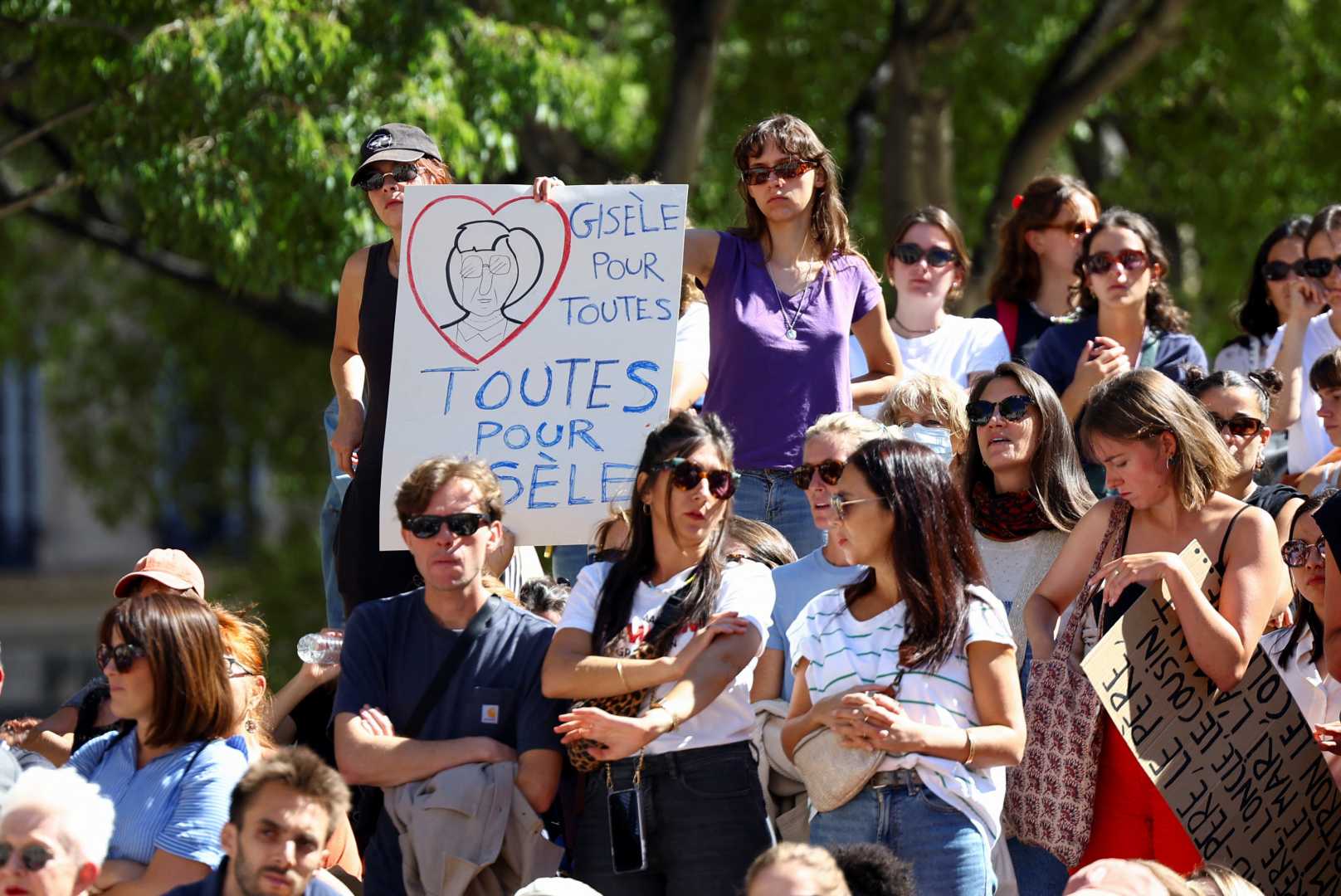News
Outrage in France: The Impact of the Gisele Pelicot Case

The case involving Gisèle Pelicot has created a significant impact in France and around the world. It involves her ex-husband, Dominique Pelicot, who is accused of drugging her and allowing other men to assault her over several years. The case, which began in 2011, has brought to the forefront not only the horrors of what Gisèle endured but also broader societal issues related to sexual violence.
Dominique Pelicot allegedly recorded the assaults, enabling police to identify 51 suspects, who are now on trial in connection to the case. Despite the severity of the accusations, a majority of the accused men are contesting the charges. Some maintain that they were deceived by Dominique Pelicot into believing that they had Gisèle’s consent, while others claimed that her husband’s approval was sufficient.
The trial has uncovered disturbing attitudes regarding marital consent and the objectification of women, as highlighted by Ummni Khan, a law and legal studies professor at Carleton University in Ottawa. According to Khan, the case underscores the problematic belief that a husband’s consent gives others the right to violate his wife’s autonomy, a dangerous ideology that reduces a woman’s being to an object of pleasure.
The case has also spurred extensive protests throughout France, with thousands of people, predominantly women, rallying to support Gisèle and to demand wider societal changes regarding sexual violence. These protests have included 30 different French cities, with banners declaring solidarity with victims and calling for an end to rape culture.
In the courtroom, Gisèle Pelicot has chosen to relinquish her anonymity to draw attention to the suffering caused by sexual violence. Her courageous decision to speak publicly has made her a symbol against violence and abuse, resonating with many women who share similar experiences.
The trial has illuminated the broader issue of how society often turns a blind eye to such abuses, raising uncomfortable questions about complicity and responsibility. This has also motivated several feminist groups to organize public demonstrations, advocating for changes in attitudes towards sexual violence as systemic issues were highlighted.
Gisèle expressed gratitude to those who have shown solidarity with her cause, dedicating her struggle to all the victims of sexual violence worldwide. Her insistence on sharing her story aims to assure others that they are not alone.












